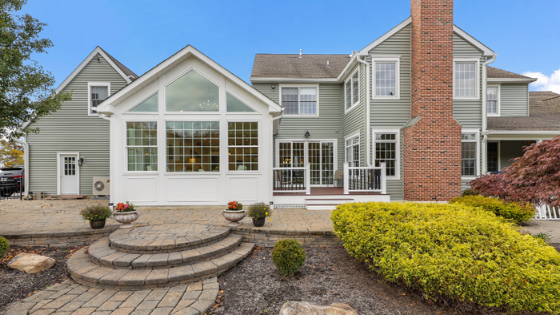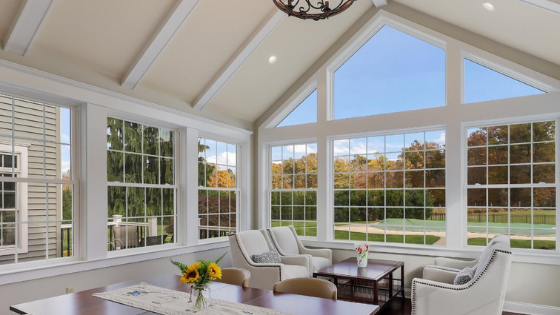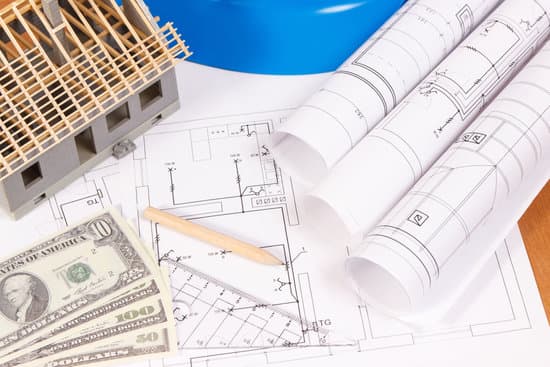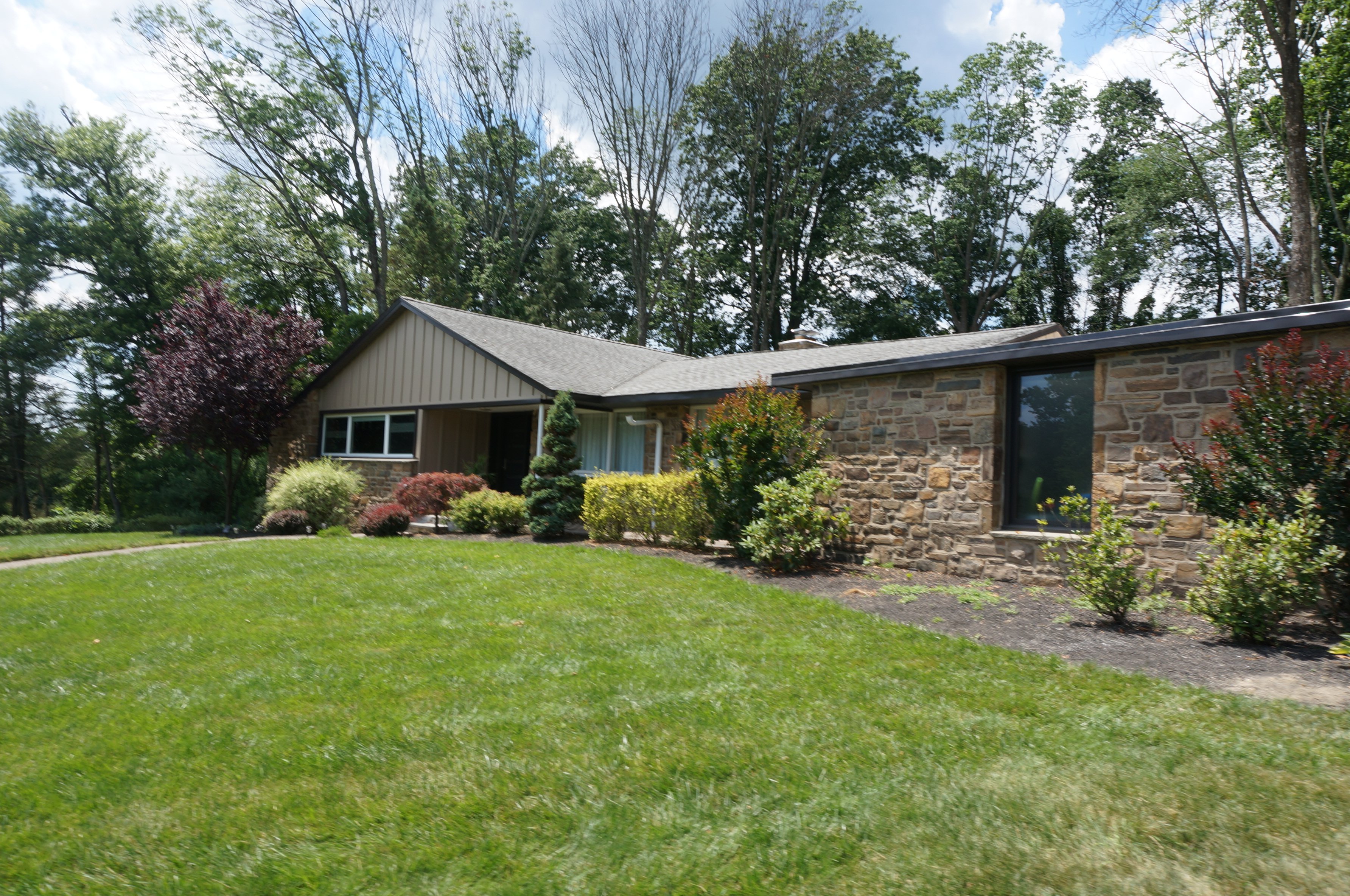If you love your home and neighborhood, a home addition gives you the option to expand your home to meet your needs. First, you have to decide whether to build up or build out, depending upon the options presented by your lot. If space is tight, you may have to go up rather than out. You may even wonder if you should stay in your home or move to a more ideal space. Let’s start with the benefits of staying where you are and how home additions in Bucks County can benefit your family.
Benefits to a Home Addition Vs Moving or Selling
A local move can cost an average of $1,250. Plus, there’s the added hassle of packing and unpacking all your belongings. Also, if your furniture doesn’t work in the new house, you’ll have to spend money on a new sofa, bed or other furnishings.
Stay in a Neighborhood You Love
If you love your current neighborhood and everything it has to offer, a home addition can give you the extra room you need without the stress of relocating your entire family. You can give your current home a new lease on life and make room for a larger kitchen, additional bedroom, or an expanded living area.
Increase Your Home's Value
With the average home cost running $100 to $155 per square foot, bumping out existing rooms or committing to full home additions in Montgomery County can dramatically increase the value of your home. While the needs of your family come first, increasing space in your kitchen or adding a new bedroom or bathroom can dramatically increase the market value of your property.
Retain the Character of Your Home
List all the things you love about your home. You may have hard-to-find features like original woodwork and crown molding. Maybe the kitchen has build-ins that you find irresistible. From hardwood flooring to cedar siding and plaster walls, you can retain the features you love and mimic them in the addition.
Consider Your Family's Goals
What will an addition bring to your home? Adding a 10 x 12-foot room could cost up to $60,000. Adding a second story that doubles the size of your home can cost up to $400,000. These prices aren't absolute and vary depending on the types of features you want and many other factors. However, before you can even set a budget, it's important to consider what your family needs most from the new space.
For example, if you just need additional storage space, you might be able to bump out your living room area or kitchen and add in built-in cabinets. If you need more bedrooms to accommodate your growing family, you'll need to add on additional bedrooms and perhaps a bathroom. You can also use the additional room to rethink your floor plan to improve traffic flow and increase access to your outdoor living space.

Choose Your Addition Style
Ideally, the new edition will match the older part of your home. It's fine to make the room addition humble so that it meshes well with the rest of your home. By stepping down ornamentation, you can ensure that the addition blends in. Also, you can use light fixtures, paint and other details to tie together your interior decor.
Build Up or Out?
In general, building up is more affordable than building out. It’s important to consult experienced home addition contractors to evaluate whether the foundation and existing floor will support the weight of the addition. We also invite you to review our portfolio of home additions for inspiration.
Bumping Out an Existing Room?
Pumping out an existing room, such as a kitchen, can give you additional space without technically adding a new room. While most homeowners bump out the bottom floor, it's also possible to bump out a second-floor bathroom or bedroom.
Note that the available addition style is largely determined by the load-bearing qualities of your foundation and frame.
Homeowner Considerations
It's important to keep in mind that adding a home edition may take three to four months or longer. During this time, you'll be living in a construction zone where the sound of hammers, drills and contractors fills the air. Will you be able to deal with the disruption? If not, you'll have to factor the costs of a brief relocation into your budget.
Lot Size and Shape
If you have extra space on your lot, building out might be the most cost-effective option. However, if you have a small or oddly shaped lot, you may have to build up. In any case, the capabilities of your current lot will dictate your choices for an addition style.
Foundation and Infrastructure
Depending on the age of your home, you may also need to invest in infrastructure such as new plumbing and electricity in order to support the addition. You'll also want a knowledgeable home edition contractor to inspect the foundation and frame of your home to identify and correct any weaknesses affecting your remodel.
Permits and Regulations
In order to avoid fines, stop-work orders and other problems, you'll need a licensed contractor who can walk you through the local regulations. For example, each municipality in Bucks or Montgomery County may have slightly different processes for permit application and approval. So, working with a local builder can smooth out this process significantly.
How Do You Calculate the Cost of a Home Addition?
You know how much money you have to spend on the addition. However, your actual budget depends on numerous factors that you'll need some help determining. By building a team of professionals, you can get a realistic estimate of all options at your disposal. This will help you prioritize the build to match your needs and budget.
Build Your Team
Unless you're an architect, contractor or another construction professional, you'll need to assemble a team to help guide you through the process. This will include an architect or designer, a construction manager and numerous other contractors, depending on the nature of your home addition.
Design-build Professionals
Depending on how elaborate you plan to get, you may need an architect to draw up the blueprints for your addition. For example, if you're adding a second floor, it's important to have a structural engineer involved to ensure that you end up with a safe, sound structure. Other professionals may include interior and exterior designers who can help you tie together the old and new sections of your home seamlessly.
Interviewing Contractors
When interviewing contractors, ask for a copy of their license and up-to-date insurance information. Hiring contractors with a lot of experience gives you more opportunities to review customer reviews and evaluate their portfolio of past projects. You can also refer to our tips for How to Choose a Professional Contractor.
Home Addition Contractors in Montgomery & Bucks County, Pennsylvania
Tilghman Builders can help you build a home addition that transforms the house you already love into your dream home. Our expert team includes licensed professional contractors who understand home construction from A to Z. We can help you plan and design any size and style of home additions in Bucks County.
Do you need a local contractor that can guide you through the planning and budgeting stage before you hire an architect? Look no further than Tilghman’s architectural planning department. We currently serve clients in Montgomery & Bucks County, Pennsylvania. So, if you're considering home additions in Montgomery County, reach out to us to request a custom quote.






